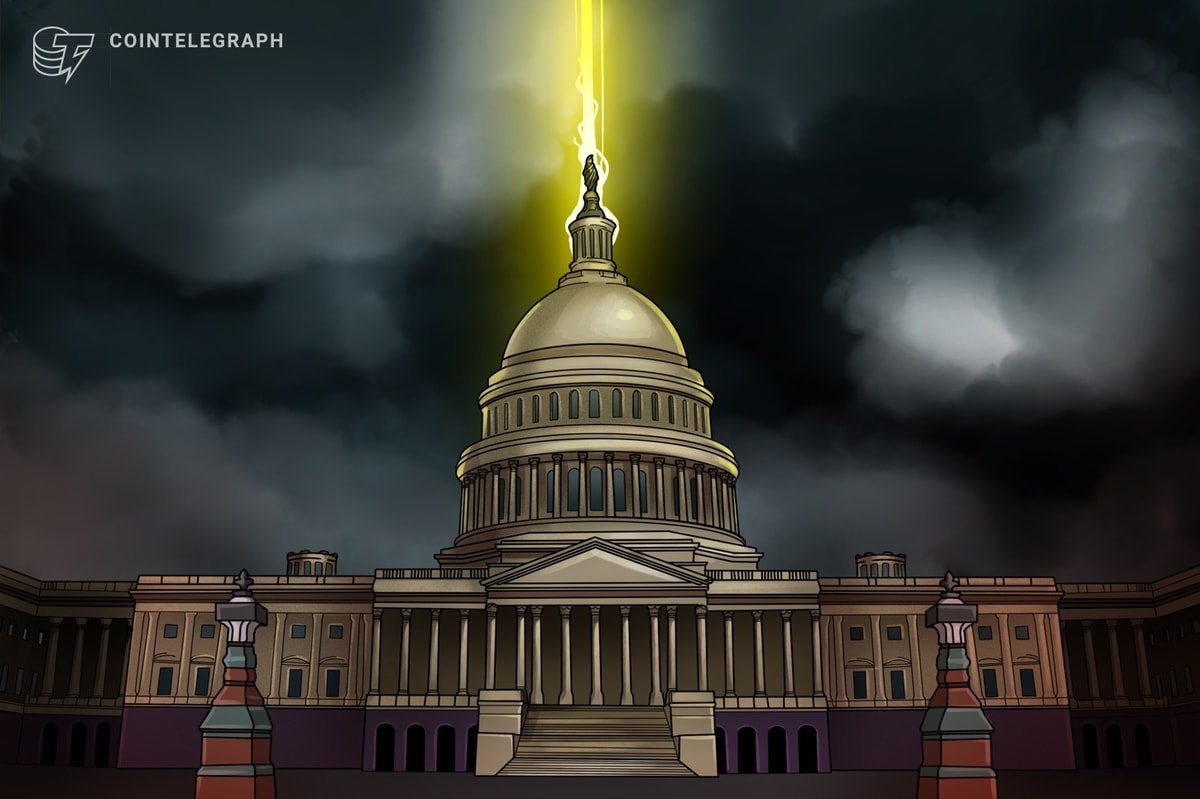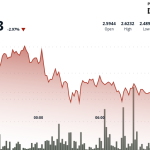Okay, here is the article rewritten in a professional news style, concise, and formatted for HTML.
US House Pushes Crypto Legislation Despite CBDC Ban Debates
In a move to advance cryptocurrency regulation, the U.S. House of Representatives aims to take another procedural vote on three key crypto bills this Wednesday. However, significant debate is expected surrounding the inclusion of a central bank digital currency (CBDC) ban.
House Speaker Mike Johnson stated Tuesday’s failed vote on the bills was due to insufficient Republican support. The reason cited by lawmakers like Rep. Marjorie Taylor Greene was the desire to incorporate a measure banning CBDCs into the legislation.
“Crypto Week”: An August Deadline
The efforts are part of an initiative termed “Crypto Week,” aimed at passing relevant crypto legislation before Congress adjourns for its August recess. Democrats are countering by framing their opposition during a “week of anti-crypto corruption.”
Speaker Johnson reiterated the need to prioritize these “three bills,” supported by the White House and Senate leadership.
Stalling Over Amendments and CBDC Banning
A contingent of Republicans, including Greene, demanded either amending the stablecoin bill (GENIUS Act) to include a specific prohibition on CBDC or debating it in conjunction with other crypto bills, including the Anti-CBDC Surveillance Act.
The vote saw twelve Republicans dissent. Lawmakers like Greene stated they opposed proceeding with the GENIUS Act without a CBDC ban and without being allowed to submit necessary amendments.
Rep. Andy Biggs added concerns that the GENIUS Act allowed for a Federal Reserve “layered CBDC,” was ambiguous on self-custody, and should be open to revisions.
FEDEXO> Legislative Strategy and Senate History
Reports indicate Speaker Johnson is engaging with dissident Republicans to move the bills forward, but faces frustration from lawmakers wanting them bundled or significantly amended (like adding the CBDC ban).
The issue lies in pitting demands for combined legislation against the administration and bipartisan aspirations. Johnson noted the dissidents’ insistence on merging the bills.
EFFIRECT>Compilation summary
As Tuesday’s vote yielded six negatives, further action was delayed as the House adjourned prior to scheduling Wednesday’s debates.
Wednesday’s Attempt
Tomorrow morning, the House is scheduled for a one-hour debate on the matter, alongside other legislative business.
Contextual Analysis
Industry figures observe that yesterday’s procedural hurdles are typical. For instance, Custodia Bank founder Caitlin Long noted that the GENIUS Act recently also failed a Senate cloture vote, facing initial Democrat objections tied to then-President Trump’s crypto connections.
Meanwhile, host of “Crypto in America” podcast, Eleanor Terrett, points out the GENIUS Act technically restricts the Fed’s ability to offer certain services to the public, arguing it cannot easily evolve into a CBDC.
Eleanor Terrett previously stated:
I just voted NO on the Rule for the GENIUS Act because it does not include a ban on Central Bank Digital Currency and because Speaker Johnson did not allow us to submit amendments to the GENIUS Act.
Americans do not want a government-controlled Central Bank Digital Currency.
Image included
pic.twitter.com/NnkeIOH0dE
And
“The section below says the bill shall not be construed as expanding the Fed’s authority to offer services directly to the public — meaning it cannot authorize things like digital wallets, personal accounts, or anything that veers into CBDC territory.”
The situation remains tightly contested.











